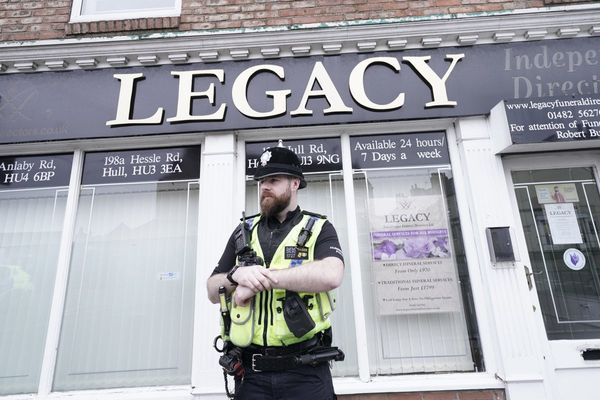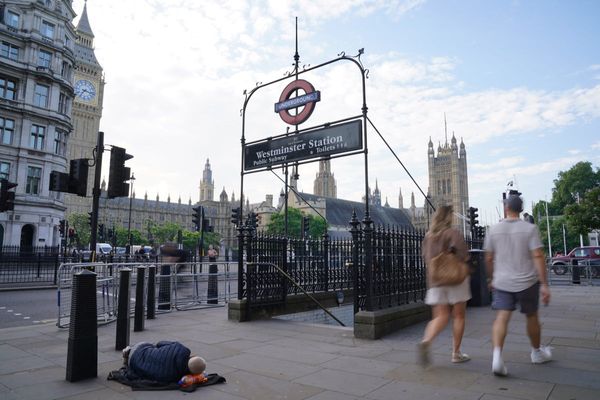
As both the prime minister and the opposition leader throw their support behind a social media ban for children under 16, the government’s own independent online safety regulator has publicly spurned the ban and raised the alarm about “unintended consequences”.
Earlier this month, Anthony Albanese joined Peter Dutton by saying that a ban on children under the age of 16 from social media is a good idea “if it can be effective”. This support comes in response to Nova 96.9FM’s Michael “Wippa” Wipfli’s 36 Months and News Corp’s Let Them Be Kids campaigns, which seek to raise the minimum age for using social media because of fears about children’s wellbeing.
Experts who’ve studied and researched the impact of social media on children have cautioned against a ban because of a lack of solid evidence as to its benefits and questions about its effectiveness. Now, the federal government’s own eSafety commissioner has joined those making the case against a ban.
At an appearance at the Joint Select Committee on Social Media and Australian Society, eSafety commissioner Julie Inman Grant has not-so-subtly rebuked the idea of a ban by comparing it to the idea of banning swimming from children.
“We do not fence the ocean or keep children entirely out of the water but we do create protected swimming environments that provide safeguards and teach important lessons from a young age,” she said.
In her submission to the inquiry first reported by Guardian Australia, the eSafety commissioner acknowledged that, while there are risks for children online, there are many benefits too. The submission stated that the evidence base about the relationship between social media and mental health is “still evolving” and is generally not based on Australian experiences; that making decisions about limiting children’s access online is “incredibly complex”; and that solutions — such as the social media ban — could “inadvertently introduce negative outcomes”.
She also stated that her office has found that the tech industry’s own existing restrictions on children under 13 from using their services are not effective, and that parents are helping their children get around such measures.
Inman Grant, who has served in the role from its previous iteration as the children’s eSafety commissioner, instead argued for using education and regulation to protect children online through things like online safety regulations, training programs and technologies to improve age restrictions.
Meanwhile, the eSafety commissioner’s office has continued to publish research showing the benefits for children under 16 using social media. Noting that some young people may find the harms outweigh the benefits, the eSafety commissioner wrote in her submission that social media can help children’s mental health, particularly if those children face issues socialising elsewhere.
This month, the commissioner’s office published a survey of LGBTQIA+ 14-17 year olds about their experiences online. It found that while they had mixed feelings about the internet and frequently faced online abuse, hate speech and encountered harmful content, LGBTQIA+ youth were also more likely to use the internet to find friends, seek emotional support and find sexual health information, and felt more comfortable expressing themselves online. This follows similar reports on the benefits (as well as the risks) for young people with disabilities, Aboriginal and Torres Strait Islander youths, and young men.
“An evidence-based approach means being informed by robust and rigorous research,” Inman Grant wrote in her submission to the inquiry.







